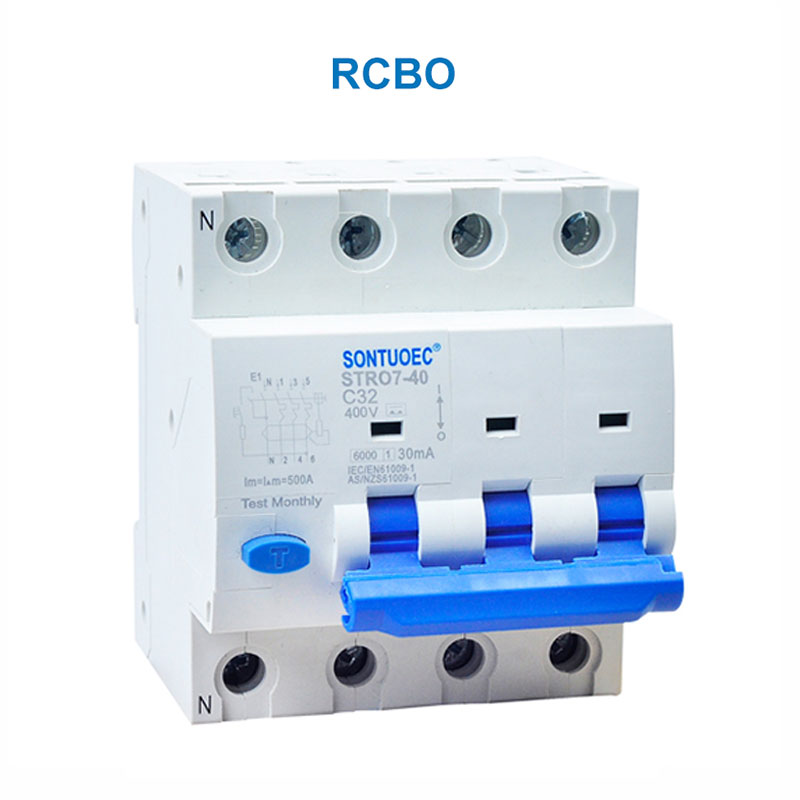Understanding Circuit Breakers: Types and Functions
2025-03-18
Circuit breakers are essential components in electrical systems, designed to protect circuits from damage caused by overloads, short circuits, or electrical faults. They play a crucial role in ensuring electrical safety in homes, businesses, and industrial settings. In this blog, we will explore the different types of circuit breakers and their functions.
What is a Circuit Breaker?
A circuit breaker is an automatically operated electrical switch that interrupts the flow of electricity when it detects an abnormal condition, such as excessive current or a short circuit. This prevents overheating, electrical fires, and damage to appliances and wiring.

Types of Circuit Breakers
1. Miniature Circuit Breaker (MCB)
MCBs are used in residential and commercial applications to protect against overloads and short circuits. They automatically trip when excess current is detected and can be reset manually.
2. Molded Case Circuit Breaker (MCCB)
MCCBs are designed for higher current ratings and provide protection against overloads, short circuits, and ground faults. They are commonly used in industrial applications.
3. Ground Fault Circuit Interrupter (GFCI)
GFCIs are used in areas where water is present, such as kitchens and bathrooms, to prevent electrical shocks. They detect imbalances in current flow and shut off power quickly.
4. Arc Fault Circuit Interrupter (AFCI)
AFCIs protect against electrical fires by detecting dangerous arc faults caused by damaged wiring or loose connections.
5. High-Voltage Circuit Breakers
These are used in power distribution networks and substations to control and protect electrical grids from failures.
How Circuit Breakers Work
Circuit breakers function by using either a thermal, magnetic, or hybrid mechanism to detect faults:
- Thermal Mechanism: A bimetallic strip heats up and bends, triggering the circuit to trip.
- Magnetic Mechanism: A coil generates a magnetic field when excessive current flows, causing the breaker to trip.
- Hybrid Mechanism: Combines both thermal and magnetic protection for enhanced safety.
Conclusion
Circuit breakers are vital for electrical safety, preventing hazards and ensuring the smooth operation of electrical systems. Choosing the right type of circuit breaker depends on the specific application and the level of protection required. Understanding how they function helps in maintaining a safe and efficient electrical system.


